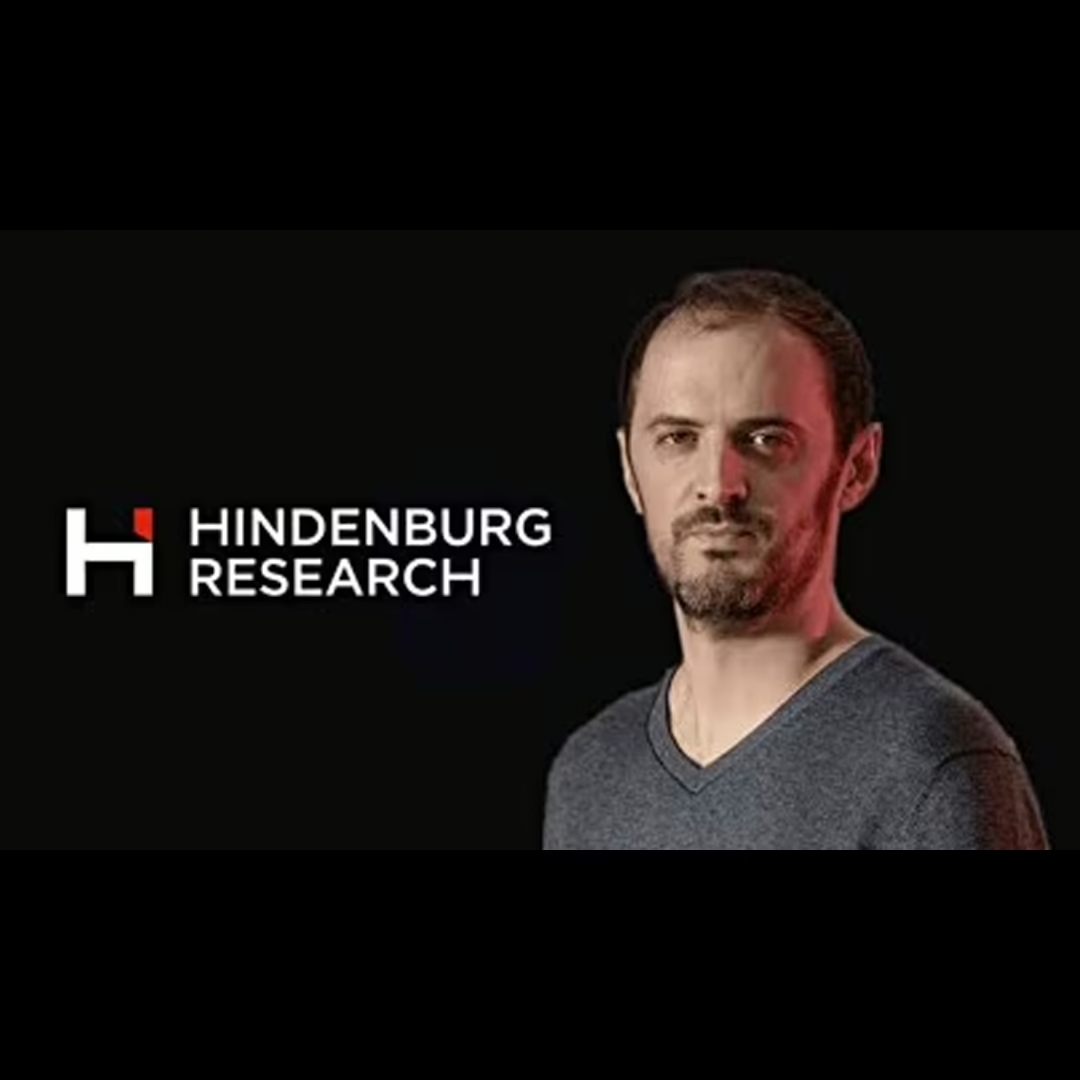
Hindenburg Research, a prominent US-based short-selling firm known for its critical reports on various high-profile companies, including the Adani Group, is set to be disbanded. This announcement comes from the founder Nate Anderson, who revealed that the firm would wind up after completing its current pipeline of ideas.
Background of Hindenburg Research
Founded by Nate Anderson, Hindenburg Research made headlines with its investigative reports that often led to significant market reactions. The firm’s strategy involved identifying and exposing fraud and malfeasance in publicly traded companies, profiting from subsequent declines in stock prices. Its aggressive and detailed reports have targeted companies across the globe, making it a notable player in the financial markets.
Targeting the Adani Group
In 2022, Hindenburg Research released a report on the Adani Group, an Indian multinational conglomerate involved in various sectors like energy, resources, logistics, and more. The report alleged financial improprieties and governance issues within the Adani Group. These allegations were vehemently denied by the Adani Group, which described them as “nothing but a lie” and “calculated attacks on India.” Despite the denials, the report caused significant volatility in the Adani Group’s stocks.
In August 2024, Hindenburg launched another critical report on the Adani Group, reiterating its earlier claims and introducing new allegations. The Adani Group dismissed these as “recycled claims” that had been previously discredited. Gautam Adani, the chairman of the Adani Group, later reflected on the incident, stating that it taught him profound lessons about resilience and leadership amidst financial and political turmoil.
Impact on the Market and Regulation
The reports by Hindenburg Research not only affected the companies targeted but also had broader implications for market regulations and investor perceptions. In India, the Securities and Exchange Board of India (SEBI) was prompted to review regulatory frameworks to protect investors from potential market manipulation. Hindenburg’s reports also sparked debates on the ethical boundaries of short selling and the responsibilities of market watchdogs.
Decision to Disband
Nate Anderson’s decision to disband Hindenburg Research marks the end of an era for one of the most controversial yet influential short-selling firms. In his statement, Anderson clarified that there were no threats or personal issues prompting this decision. Instead, the move was a planned conclusion after fulfilling the firm’s ongoing commitments.
Market Reactions and Future Implications
The announcement of Hindenburg Research’s disbandment has elicited mixed reactions from market participants. Some view it as the end of a critical, albeit aggressive, watchdog in the financial markets. Others believe it removes a source of market volatility that often led to abrupt stock price movements.
The disbandment raises questions about the future of short selling and the role of independent research firms in maintaining market integrity. With Hindenburg’s exit, there may be a gap in the market for similarly aggressive investigative research, potentially leading to less scrutiny of corporate practices.
FAQs
1. What was Hindenburg Research’s primary focus? Hindenburg Research focused on identifying and exposing fraudulent practices and governance issues in publicly traded companies. The firm used these findings to short sell stocks and profit from their decline.
2. Why did Hindenburg target the Adani Group? Hindenburg’s reports on the Adani Group alleged financial improprieties and governance issues. These reports aimed to highlight what the firm claimed were significant risks for investors.
3. What was the response of the Adani Group to Hindenburg’s allegations? The Adani Group strongly denied the allegations, describing them as false and motivated attacks on India’s economic interests. The Group maintained that the claims were baseless and previously discredited.
4. What impact did Hindenburg’s reports have on the market? Hindenburg’s reports often led to significant stock price declines for the targeted companies. These reports also influenced regulatory reviews and investor sentiment, sparking debates on market ethics and short selling.
5. Why is Hindenburg Research being disbanded? According to founder Nate Anderson, the decision to disband Hindenburg Research was planned and unrelated to external threats or personal issues. The firm is winding down after completing its current projects.
Conclusion
The disbandment of Hindenburg Research marks a significant shift in the landscape of financial markets. Known for its bold and often controversial reports, the firm played a pivotal role in exposing alleged corporate malpractices. As it winds up operations, the market will keenly watch how this influences corporate accountability and the dynamics of short selling in the future. The legacy of Hindenburg Research underscores the importance of vigilance and transparency in the financial ecosystem.
